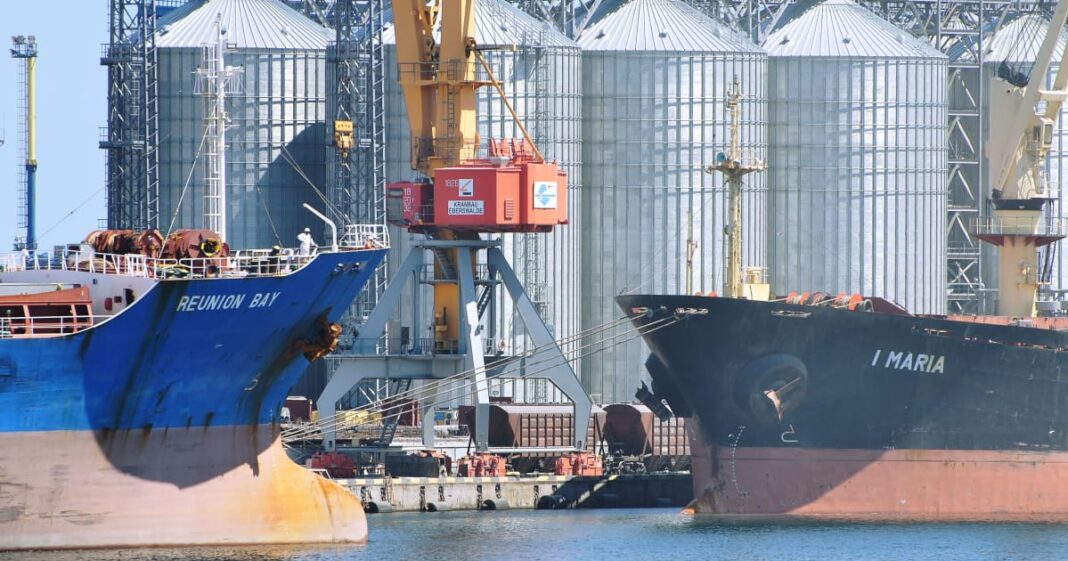Turkey increases imports of Ukrainian agricultural products
In brief.
Turkey is increasing its purchases of Ukrainian grains and oilseeds, primarily corn, wheat, sunflower oil and meal.
Growth is driven by the stabilisation of maritime logistics across the Black Sea, the activity of Danube ports and the demand for raw materials from Turkish processing.
For Ukraine, this means additional foreign exchange earnings, market diversification and better utilisation of port infrastructure.
What happened
Turkish importers and processors are increasing contracts for the supply of agricultural products from Ukraine. In focus. cereals and sunflower products, Turkey traditionally buys for domestic consumption and further re-export to the Middle East and North Africa.
Key products
Corn and wheat. They are in demand by the Turkish milling and feed industries.
Sunflower oil. Turkey is one of the largest buyers of Ukrainian oil; it processes and re-exports part of its volumes in packaged form.
Sunflower meal/cake. Steady demand from the livestock sector.
Barley, soya, rapeseed - occasionally, depending on the situation.
Logistics: how deliveries are going
By sea through the Black Sea. The operation of Ukrainian deepwater ports has increased throughput and reduced logistics risks.
Danube cluster (Reni, Izmail, Kilia) with transshipment to seagoing vessels to the Turkish ports of the Marmara and Aegean Seas.
Rail + ferry/RO-RO - niche routes for finished products and small batches.
Why Turkey is increasing its purchases
Price/quality. Ukrainian raw materials are competitive in price and meet phytosanitary requirements.
Strong domestic demand. Turkish mills, oil extraction plants and feed mills are operating at full capacity.
Re-export. Its convenient geographical location allows Turkey to be a hub for supplies to MENA countries.
Logistical predictability. More stable shipments from Ukrainian ports means less risk premiums in freight.
Impact on Ukraine
Growth in foreign currency earnings of the agricultural sector and the inflow of funds into logistics.
Diversification of salespart of the volumes that used to go to the EU is being reoriented to Turkey and MENA.
Supporting farmers during the sowing/harvest period due to more stable demand and faster car/ship turnover.
What traders pay attention to
Freight and insurance. The cost of shipping through the Black Sea remains a key price factor.
Phytosanitary certificates and quality. Turkey strictly enforces import protocols; delays are possible if the batch does not meet the requirements.
Lira/dollar exchange rate fluctuations and global oil and grain prices.
What's next
Analysts expect that contracts for autumn and winter will remain active: Turkey will continue to import Ukrainian corn for feed and sunflower oil for processing and export. The volumes will depend on yields in Ukraine, weather during navigation and freight dynamics.
For more information
Turkey is on the list of Top markets for Ukrainian sunflower oil and is one of the largest buyers maize in the Black Sea region.
Ukraine is the world's leading exporter sunflower oil and a significant supplier cereals.








